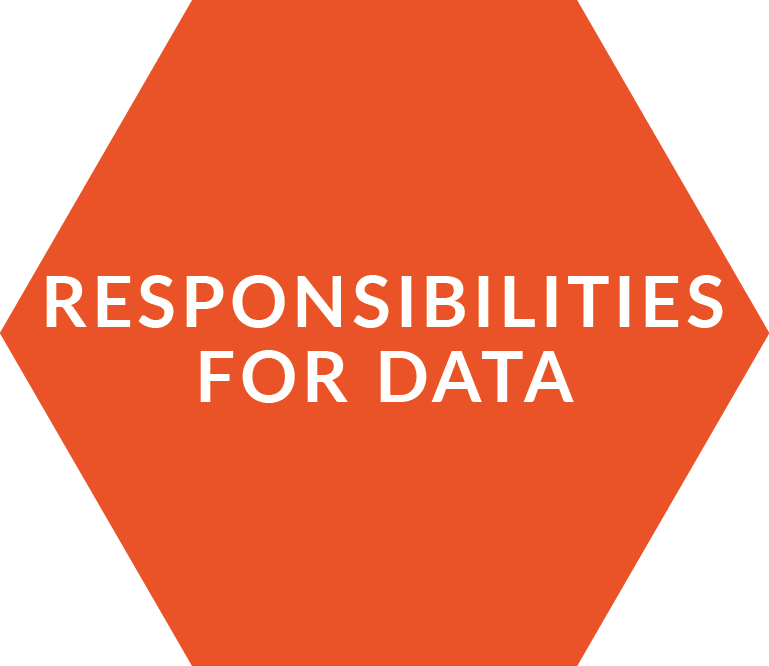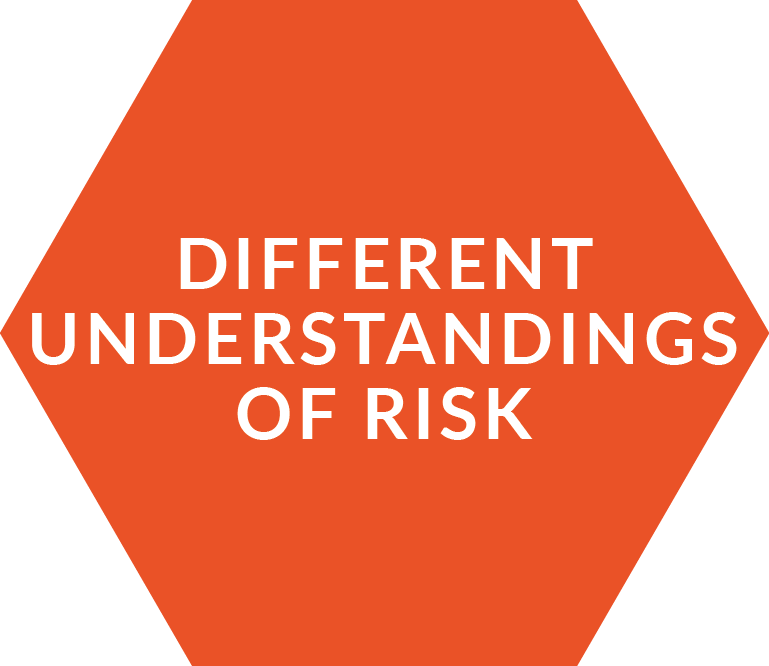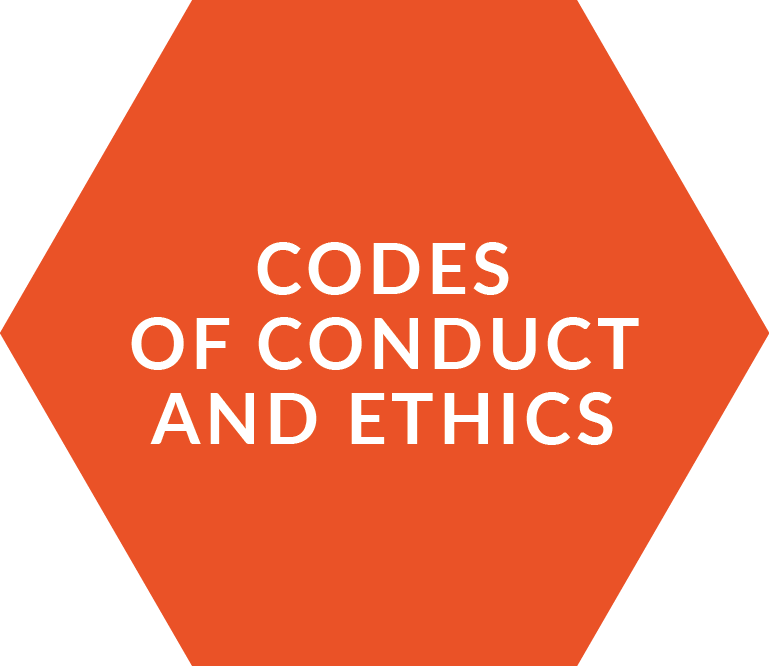Successful collaborative information management means striking a balance between facilitating a democratic approach where participating stakeholders have a say and role in the collaboration while at the same time maintaining enough order and control to support effective communication. In other words, frameworks, technologies, and protocols should balance the closure necessary for orderly practice with opening processes enough for stakeholders involved …
Responsibilities for Data
Crisis management models typically contain rules and procedures for the handling of data in order to ease communication and encourage data exchange between different agencies. However, how these rules, procedures and responsibilities are interpreted and acted upon by different stakeholders can widely range. This means that some ethical and legal responsibilities for data may have to be agreed upon before …
Different Understandings of Risk
Each region, even each local agency’s understanding of risk is different. Being aware of how different groups understand a disaster can reveal how values structure risk assessments, and how trust can be produced and maintained. Such awareness can allow each stakeholder to communicate in a way that is reflexive towards how others in the collaborative information management system assess risk. …
Goal Diversity
As the amount of linked data increases, so too does the diversity of data. While standards, procedures, and classification schemes are fundamental to sharing across organisational and institutional boundaries, a collaborative information management system needs more to support collaboration. It needs to afford negotiation between the various stakeholders’ goals, interests and concerns, and to support the identification of the key overarching goals …
Codes of Conduct & Ethics
Codes of Conduct and Ethics are rules designed to govern the actions and decision-making, respectively, of members of an organisation, and although often voluntary, they are generally binding for those who ‘opt in’. Such codes play an important role in collaborative information management. The codes which are relevant here might be divided into two types: (1) those which are directed …





